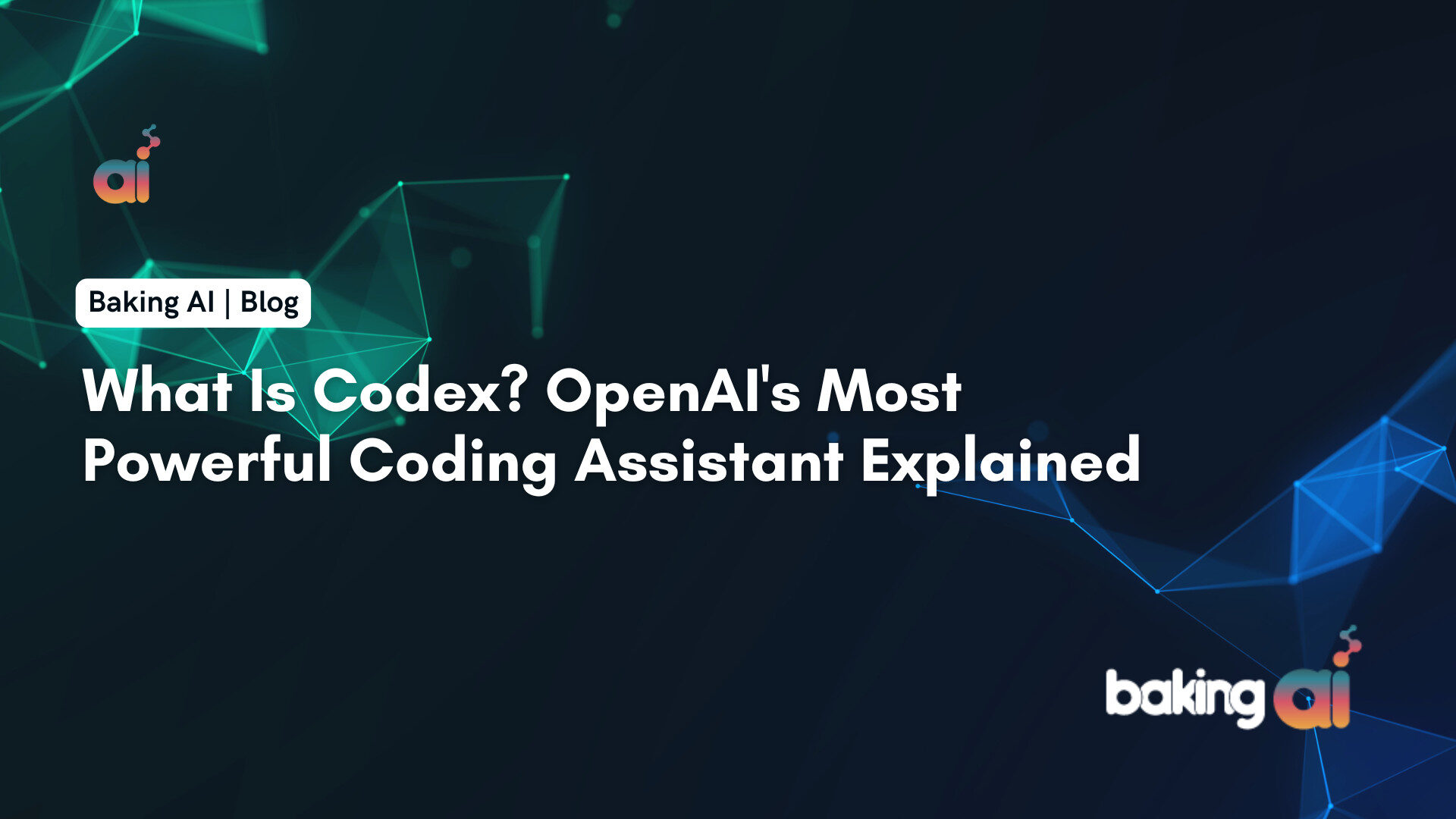OpenAI has initiated a limited rollout of its highly anticipated Advanced Voice Mode for ChatGPT Plus users, marking a significant enhancement in how users can interact with the AI. This feature is currently in an alpha testing phase, allowing a select group of subscribers to experience its capabilities before a broader release expected by fall 2024.
Key Features of Advanced Voice Mode
- Natural Conversations: The Advanced Voice Mode enables users to engage in real-time, fluid conversations with ChatGPT. It allows for interruptions, mimicking the dynamics of human dialogue, which has been a challenge for previous AI assistants.
- Emotional Recognition: The AI can detect and respond to emotional cues in the user’s voice, fostering a more empathetic interaction.
- Multiple Speaker Handling: The model can differentiate between various speakers in a conversation, enhancing its contextual understanding.
- High-Quality Audio Output: Utilizing a sophisticated text-to-speech model, the voice responses are designed to sound natural and clear, reducing the robotic tone often associated with AI-generated speech.
- Preset Voices: Users can choose from four AI-generated voices—Juniper, Breeze, Cove, and Ember—developed to avoid impersonating real individuals, addressing previous controversies regarding voice likenesses.
Rollout Details
The rollout began recently after a delay from its initial June schedule, primarily to ensure the feature met OpenAI’s standards for safety and user experience. Users selected for this alpha phase will receive notifications via email and in-app messages with instructions on how to access the new functionality. OpenAI plans to gradually expand access to all ChatGPT Plus users in the coming months.
Technical Specifications:
The Advanced Voice Mode operates through an advanced multimodal model known as GPT-4o, which integrates voice-to-text and text-to-voice capabilities while also understanding emotional nuances in real time. This model allows for a seamless interaction experience, minimizing latency and enhancing conversational flow.
Safety and Content Moderation
OpenAI has implemented various safety measures, including testing the voice model with over 100 external experts and introducing filters to prevent the generation of inappropriate or copyrighted content. These steps are part of OpenAI’s commitment to ensuring responsible AI development while addressing previous concerns related to voice likenesses and content safety.
How to Access OpenAI Advanced Voice Mode: Emotion-Responsive ChatGPT Conversations.
Although advanced Voice Mode is yet to be rolled out for wider ChatGPT Plus users, below are some steps on how to use the innovative feature when it becomes widely available.
In order to start a conversation with the advanced Voice Mode, users would be required to select the voice icon that will soon appear next to the mic icon.
After a user begins a conversation, they will be taken to another screen where they will be able to mute or unmute their microphone by selecting the microphone icon. One can also end the conversation by pressing the red icon on the bottom right.
Watch to know more about Advanced Voice Mode in the ChatGPT app, exclusive to ChatGPT Plus users. This feature enables natural, real-time conversations, recognizing emotions and non-verbal cues. Learn how to access, use, and maximize this innovative voice interaction mode.
How does the advanced Voice Mode handle multiple conversations simultaneously
The advanced Voice Mode in ChatGPT allows the AI to handle multiple conversations simultaneously by differentiating between various speakers and understanding the context of each interaction. Some key capabilities of the advanced Voice Mode in this regard include:
Handling Multiple Speakers
- The AI can recognize and understand multiple speakers in a conversation.
- It can track the context of each speaker’s statements and respond accordingly.
Conversational Flow
- The advanced Voice Mode enables fluid, real-time conversations with the ability to handle interruptions.
- This mimics the dynamics of natural human dialogue, which has been a challenge for previous AI assistants.
Emotional Recognition
- The AI can detect and respond to emotional cues in the users’ voices.
- This allows for more empathetic and contextual responses from the model.
Preset Voices
- ChatGPT offers four AI-generated voices – Juniper, Breeze, Cove, and Ember.
- These voices were developed to avoid impersonating real individuals.
By leveraging these capabilities, the advanced Voice Mode can engage in multiple simultaneous conversations, track the context of each one, and respond appropriately to each speaker’s statements and emotional cues. This represents a significant advancement in AI conversational abilities compared to previous systems.
In summary, OpenAI’s Advanced Voice Mode is set to transform user interactions with AI, making them more natural and engaging. The feature’s gradual rollout aims to refine its capabilities based on user feedback, with broader access anticipated in the near future.











